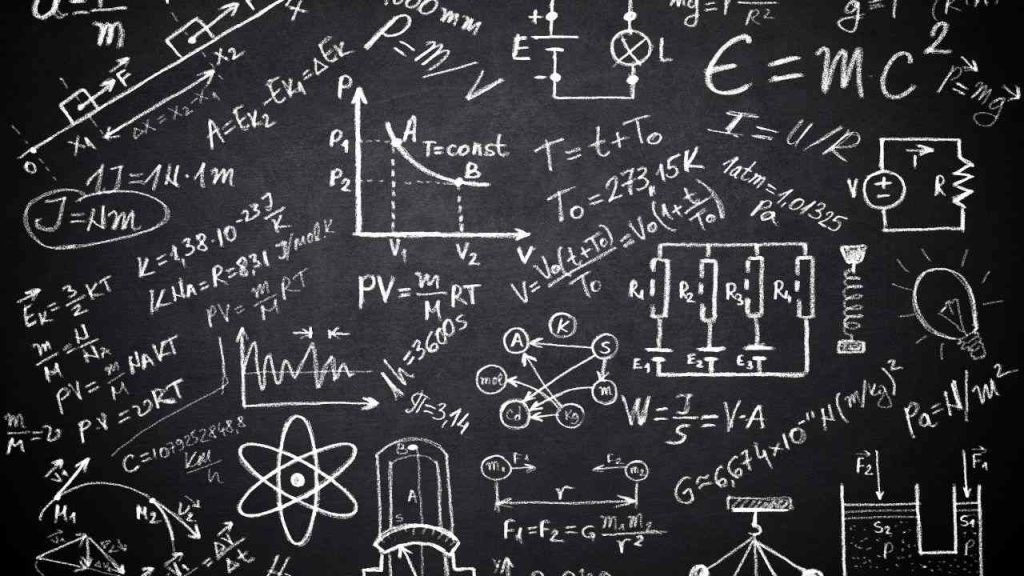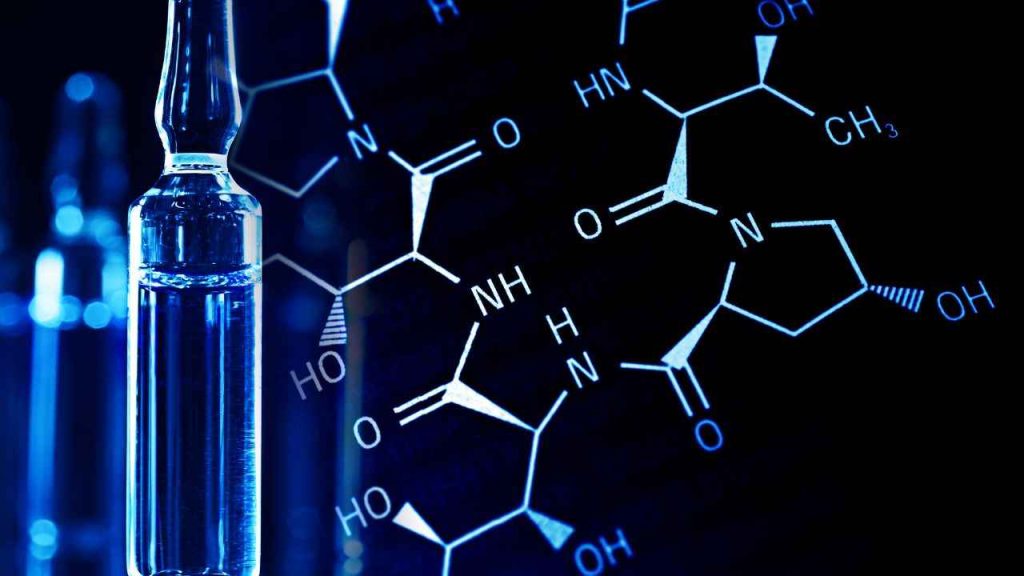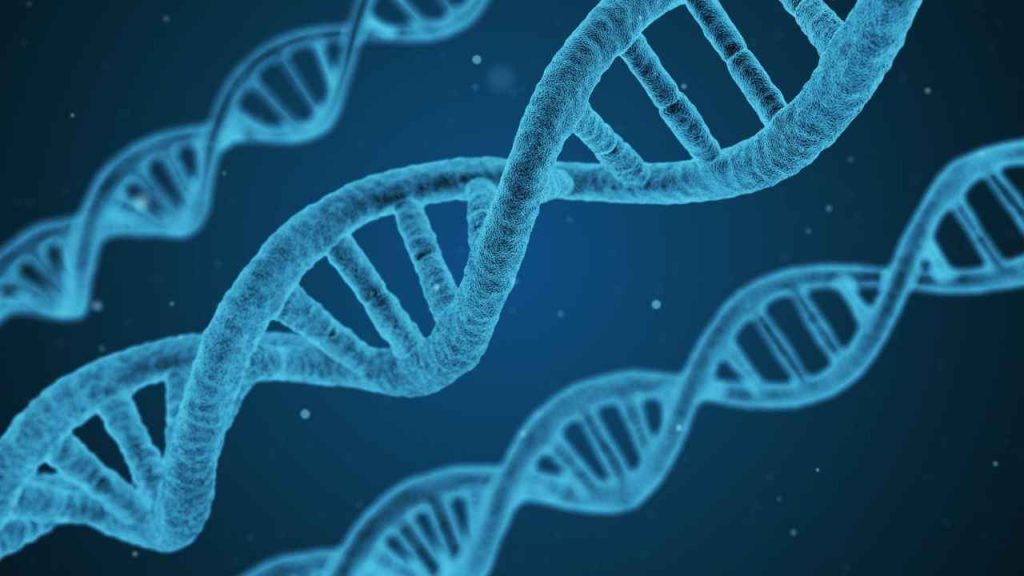NEET is a highly competitive examination that serves as the gateway to medical education in India. Candidates aspiring to pursue a career in medicine must have a thorough understanding of the NEET syllabus to optimize their preparation strategy and maximize their chances of success.
This comprehensive blog post provides an in-depth breakdown of the NEET syllabus, highlighting the important topics that candidates should focus on. By understanding the syllabus and its nuances, candidates can create a targeted study plan and allocate their preparation time efficiently.

Physics Syllabus
Unit 1: Physical World and Measurement
- Units and dimensions
- Dimensional analysis and dimensional constants
- Errors and measurements
Unit 2: Kinematics
- Motion in a straight line
- Motion in a plane
- Projectile motion
Unit 3: Laws of Motion
- Newton’s laws of motion
- Momentum and impulse
- Work, energy, and power
Unit 4: Gravitation
- Newton’s law of gravitation
- Gravitational potential energy
- Satellite motion
Unit 5: Properties of Solids and Liquids
- Elastic and plastic deformation
- Stress and strain
- Young’s modulus and Poisson’s ratio
- Liquids in equilibrium
- Viscocity
Unit 6: Heat and Thermodynamics
- Thermal expansion and thermal conductivity
- Calorimetry
- Laws of thermodynamics
Unit 7: Waves
- Wave motion
- Sound waves
- Light waves
Unit 8: Electrostatics
- Electric charge and field
- Gauss’s law
- Electric potential
Unit 9: Current Electricity
- Electric current
- Ohm’s law
- Kirchhoff’s laws
Unit 10: Magnetic Effects of Current
- Magnetic force and field
- Ampere’s law
- Electromagnetic induction
Unit 11: Alternating Current
- Alternating current circuits
- LCR circuits
- Power in AC circuits
Unit 12: Electromagnetic Waves
- Nature of electromagnetic waves
- Production and detection of electromagnetic waves
Unit 13: Optics
- Reflection and refraction
- Lenses and mirrors
- Wave optics
Unit 14: Modern Physics
- Dual nature of matter and radiation
- Special theory of relativity
- Nuclear physics

Chemistry Syllabus
Unit 1: Some Basic Concepts of Chemistry
- Matter and its classification
- States of matter
- Solutions
Unit 2: Atomic Structure
- Structure of the atom
- Quantum numbers
- Electronic configuration
Unit 3: Chemical Bonding and Molecular Structure
- Ionic and covalent bonding
- Lewis structures
- Valence bond theory
Unit 4: States of Matter
- Gaseous state
- Liquid state
- Solid state
Unit 5: Chemical Thermodynamics
- Laws of thermodynamics
- Enthalpy and entropy
- Gibbs free energy
Unit 6: Equilibrium
- Chemical equilibrium
- Le Chatelier’s principle
Unit 7: Redox Reactions
- Oxidation and reduction
- Balancing redox reactions
Unit 8: Hydrogen
- Properties of hydrogen
- Preparation and uses of hydrogen
Unit 9: s-Block Elements
- Properties of s-block elements
- General trends in properties
Unit 10: p-Block Elements
- Properties of p-block elements
- General trends in properties
Unit 11: d- and f-Block Elements
- Properties of d- and f-block elements
- General trends in properties
Unit 12: Coordination Compounds
- Introduction to coordination compounds
- Nomenclature and isomerism
- Bonding in coordination compounds
Unit 13: Organic Chemistry
- Basic concepts of organic chemistry
- Hydrocarbons
- Functional groups
Unit 14: Biomolecules
- Carbohydrates
- Proteins
- Nucleic acids
Unit 15: Polymers
- Introduction to polymers
- Classification and properties of polymers

Biology Syllabus
Unit 1: Diversity in the Living World
- Origin and evolution of life
- Classification of organisms
Unit 2: Structural Organization in Animals and Plants
- Animal tissues
- Plant tissues
- Morphology and anatomy of flowering plants
Unit 3: Cell: The Unit of Life
- Cell structure and organization
- Cell division
Unit 4: Biomolecules
- Carbohydrates
- Proteins
- Lipids
Unit 5: Structural Organization in Animals
- Circulatory system
- Nervous system
- Respiratory system
Unit 6: Structural Organization in Plants
- Transport in plants
- Mineral nutrition
- Photosynthesis
Unit 7: Reproduction
- Asexual and sexual reproduction
- Reproductive health
Unit 8: Genetics and Evolution
- Mendelian principles of inheritance
- Evolution
Unit 9: Ecology and Environment
- Ecosystem ecology
- Environmental issues
Unit 10: Human Health and Disease
- Common diseases and their prevention
- Control and prevention of communicable diseases
| NEET Coaching vs Self-Study: Which Path Leads to Success? |
| How to Manage Stress During NEET Preparation |
| MBBS without NEET in India: Eligibility, Fees (2025) |
Important Topics to Focus On
While the entire syllabus of NEET is important, there are certain topics that carry a higher weightage and deserve more attention during preparation. Here are some of the key topics that candidates should prioritize:
Physics
- Mechanics (Units and Dimensions, Laws of Motion, Work, Energy, and Power)
- Heat and Thermodynamics (Calorimetry, Laws of Thermodynamics)
- Waves (Wave Motion, Sound Waves, Light Waves)
- Electromagnetism (Electric Charge and Field, Gauss’s Law, Electric Potential)
- Modern Physics (Dual Nature of Matter and Radiation, Nuclear Physics)
Chemistry
- Atomic Structure (Structure of the Atom, Quantum Numbers)
- Chemical Bonding and Molecular Structure (Ionic and Covalent Bonding)
- States of Matter (Gaseous State, Liquid State)
- Equilibrium (Chemical Equilibrium, Le Chatelier’s Principle)
- Redox Reactions (Oxidation and Reduction)
- Organic Chemistry (Hydrocarbons, Functional Groups)
- Biomolecules (Carbohydrates, Proteins, Nucleic Acids)
Biology
- Cell: The Unit of Life (Cell Structure and Organization)
- Genetics and Evolution (Mendelian Principles of Inheritance)
- Ecology and Environment (Ecosystem Ecology)
- Human Health and Disease (Common Diseases and their Prevention)
- Diversity in the Living World (Classification of Organisms)
- Structural Organization in Animals and Plants (Animal Tissues, Plant Tissues)
Conclusion
Understanding the NEET syllabus and identifying the important topics is crucial for effective preparation. By allocating more time and effort to these key areas, candidates can enhance their knowledge and improve their chances of securing a top rank in the highly competitive NEET examination. Regular practice, mock tests, and seeking guidance from experienced mentors can further supplement their preparation and boost their confidence. With dedication, perseverance, and a comprehensive understanding of the syllabus, aspirants can achieve their dream of pursuing a successful career in medicine.
FAQ’s on NEET Syllabus
Q1. What is the overall structure of the NEET syllabus?
A1. The NEET syllabus is divided into three sections: Physics, Chemistry, and Biology (Botany and Zoology).
Q2. How much weightage is given to each section in the NEET exam?
A2. Physics carries 45 questions, Chemistry carries 45 questions, and Biology carries 90 questions.
Q3. Which chapters in Physics are considered important for NEET?
A3. Kinematics, Laws of Motion, Work, Energy and Power, Rotational Motion, Gravitation, Oscillations, and Waves are crucial chapters.
Q4. What are the key concepts to focus on in Chemistry for NEET?
A4. Chemical Bonding, Coordination Chemistry, Organic Chemistry (including reactions and mechanisms), and Mole Concept are important areas.
Q5. Which units in Biology (Botany) hold the highest weightage in NEET?
A5. Plant Kingdom, Reproduction in Flowering Plants, Plant Physiology, and Genetics are heavily tested.
Q6. Are there any chapters in Biology (Zoology) that carry more marks in NEET?
A6. Animal Kingdom, Structural Organization of Animals, Reproduction, and Genetics are high-scoring chapters.
Q7. How should I prioritize the topics within each chapter for NEET preparation?
A7. Focus on understanding the core concepts and NCERT textbooks, and refer to standard reference books for additional information.
Q8. Are there any topics that can be skipped for NEET 2025?
A8. No, all topics in the NEET syllabus are important and should be covered thoroughly.
Q9. Which sections are more challenging in the NEET exam?
A9. The level of difficulty varies for different students, but generally, Physics and Chemistry can be more challenging.
Q10. How much time should I allocate to each section during the NEET exam?
A10. Allocate approximately 1 hour for Physics, 1 hour for Chemistry, and 1 hour 40 minutes for Biology (including 15 minutes for reading the question paper).

Hi there, I’m Dr. Danish, the person writing on Mini NEET. I’m a doctor, and I want to make it easier for you to understand the NEET exam and medical studies.
I know how tough it can be to get ready for NEET. That’s why I’m here to give you simple and helpful advice to make studying easier.
I want Mini NEET to be a place where you feel supported and encouraged. Whether you’re just starting out or already studying medicine, I’m here to help you succeed.
Let’s work together on Mini NEET to make your journey in medicine a little bit easier.

